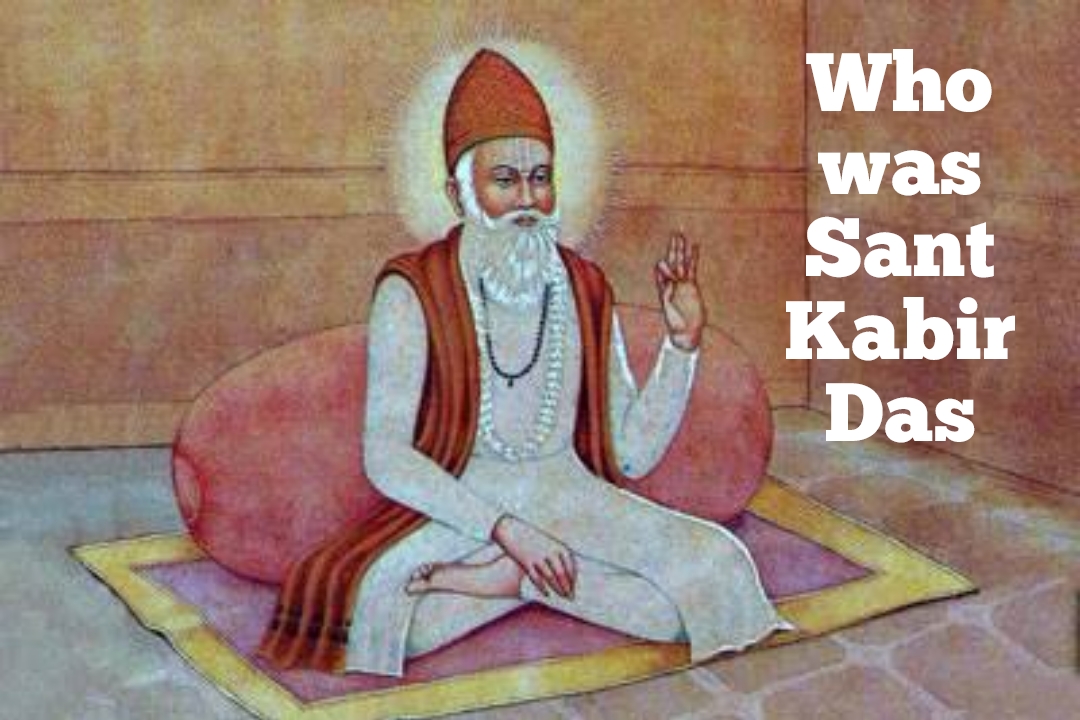Who Was Sant Kabir Das? Know His History, Teachings and Philosophies
Kabir Das was a 15th-century Indian poet and saint, renowned for his profound spiritual wisdom and straightforward poetry. Born in 1398 in Varanasi, India, Kabir’s origins are shrouded in various legends, with the most popular being that he was born to a Brahmin widow and later adopted by a Muslim weaver family. His life and works have profoundly influenced Indian spirituality and the Bhakti movement, which focuses on love and devotion to God.
Philosophies and Teachings of Kabir Das
Unity of God
Kabir Das preached the concept of a single, omnipresent God, transcending all religious boundaries. He was critical of the rigid practices in both Hinduism and Islam, advocating that God is one and present everywhere. Kabir’s famous lines, “If by worshiping stones one can find God, I will worship a mountain. But no one worships the grinding stone at home, though it feeds the world,” illustrate his disdain for superficial religiosity.
Inner Devotion (Bhakti)
Kabir emphasized that true worship stems from the heart. He believed that an authentic connection with God is more significant than external rituals. According to Kabir, one’s heart should be pure and filled with love for the divine, as this inner devotion is what truly matters in the spiritual journey.
Critique of Rituals and Superstitions
Kabir was an outspoken critic of empty rituals and superstitions. He urged people to look beyond these practices and focus on sincere devotion. He believed that rituals without genuine devotion are meaningless, and encouraged individuals to seek a deeper, personal experience of God.
Equality and Social Justice
Kabir condemned the caste system and social inequality. He preached that all human beings are equal, irrespective of their caste, creed, or gender. His verses often called for unity and equality among all people, promoting a message of social justice and harmony.
Guru and Spiritual Guide
Kabir placed great importance on the role of the Guru (spiritual teacher). He believed that a Guru is essential for guiding individuals on their spiritual journey and helping them realize the divine within themselves. To Kabir, the Guru was a vital link between the individual and the divine.
Simple Living
Kabir advocated for a simple and humble lifestyle. He believed in living free from material desires and focusing on spiritual growth. His own life as a weaver exemplified his teachings of humility and simplicity, showing that one can lead a spiritually rich life without wealth or power.
Legacy of Kabir Das
Kabir’s teachings have left a lasting impact on Indian spirituality and culture. His works are included in the Guru Granth Sahib, the holy scripture of Sikhism, and he is respected by both Hindus and Muslims. The Kabir Panth, a religious community dedicated to his teachings, continues to spread his message of love, unity, and devotion.
Kabir Das’ legacy lies in his profound yet straightforward approach to spirituality. He advocated for a direct and personal connection with the divine, free from the constraints of ritualistic practices and social divisions. His teachings remind us that true spirituality is about inner purity, love, and equality.
